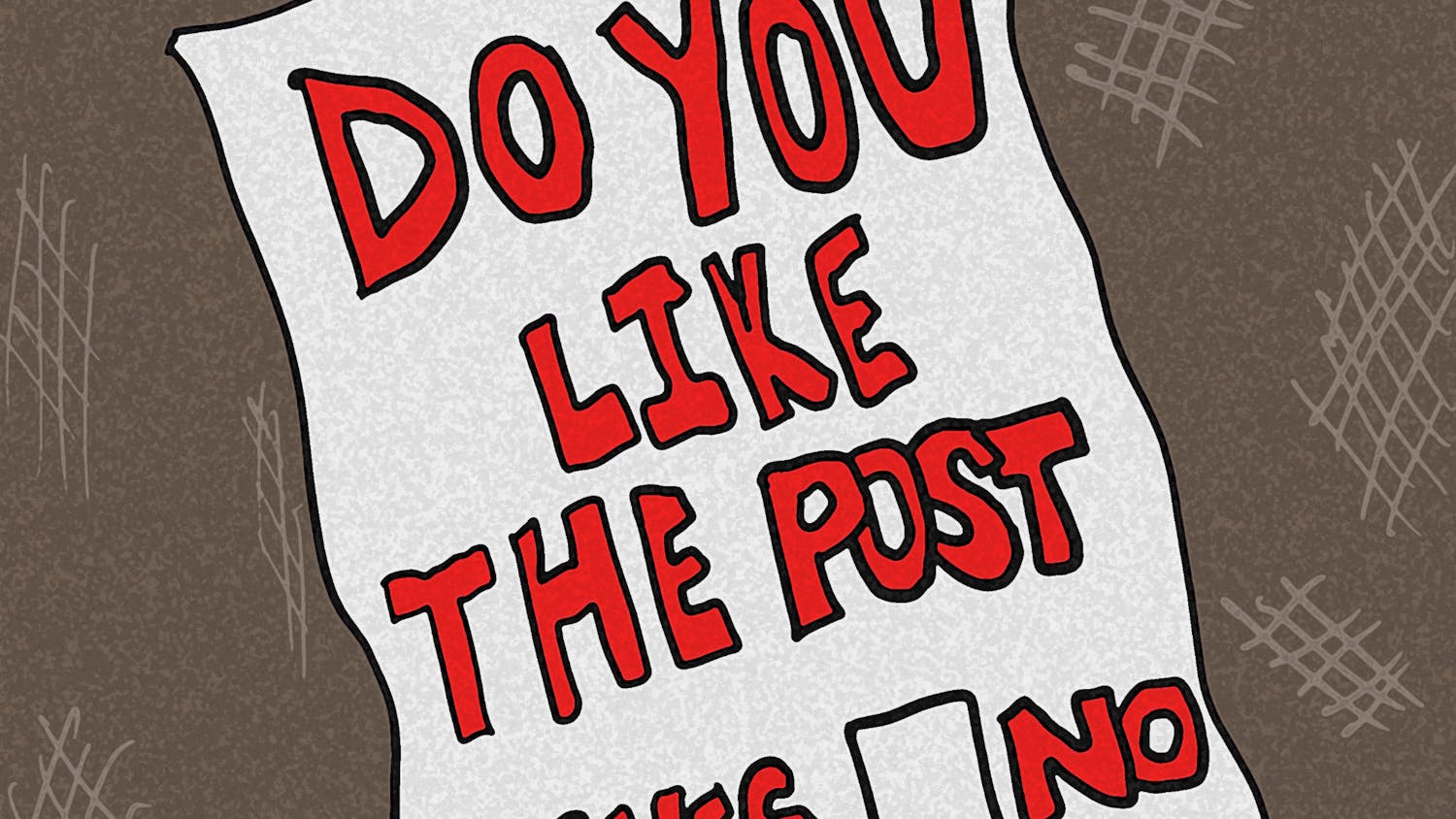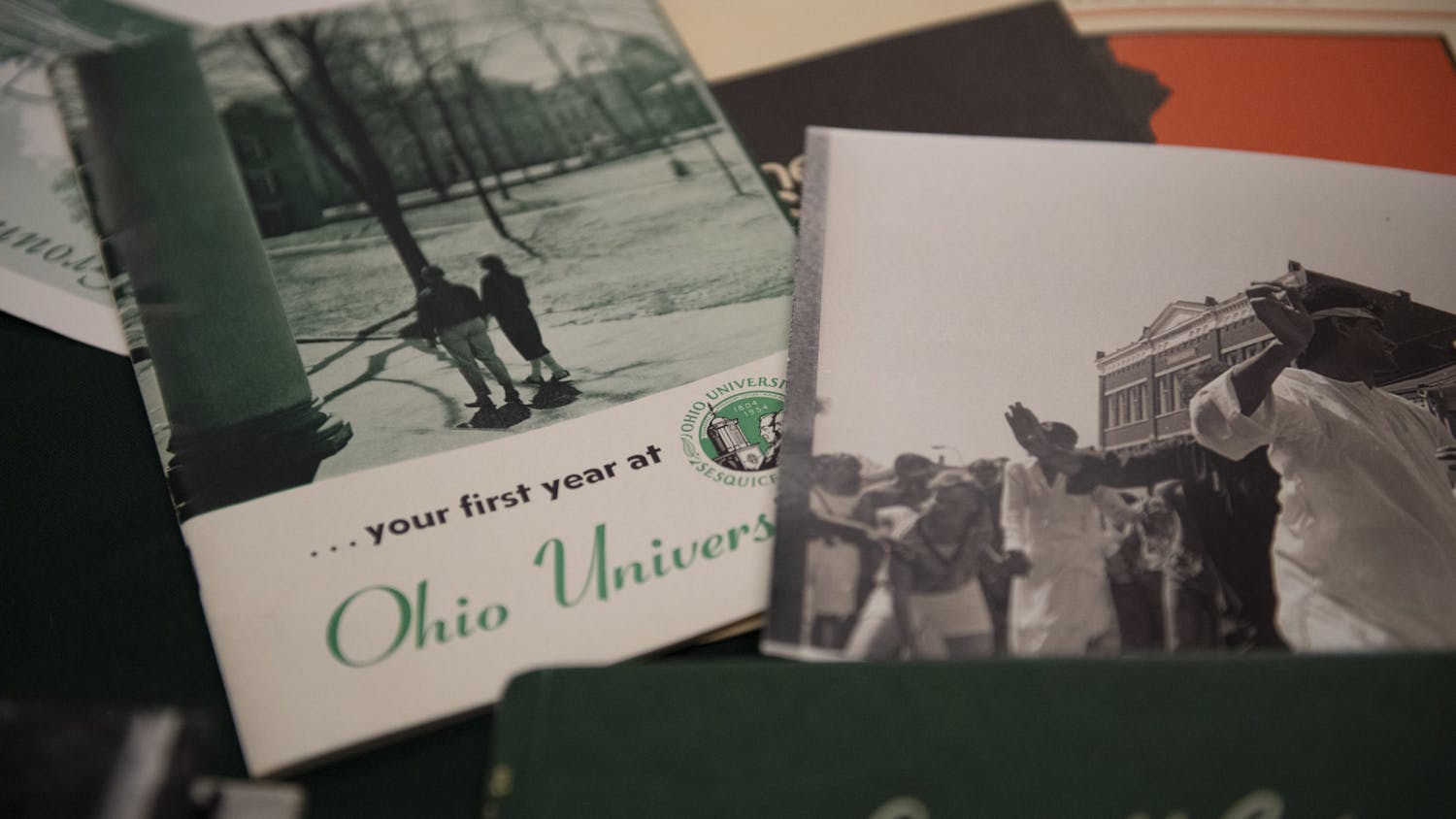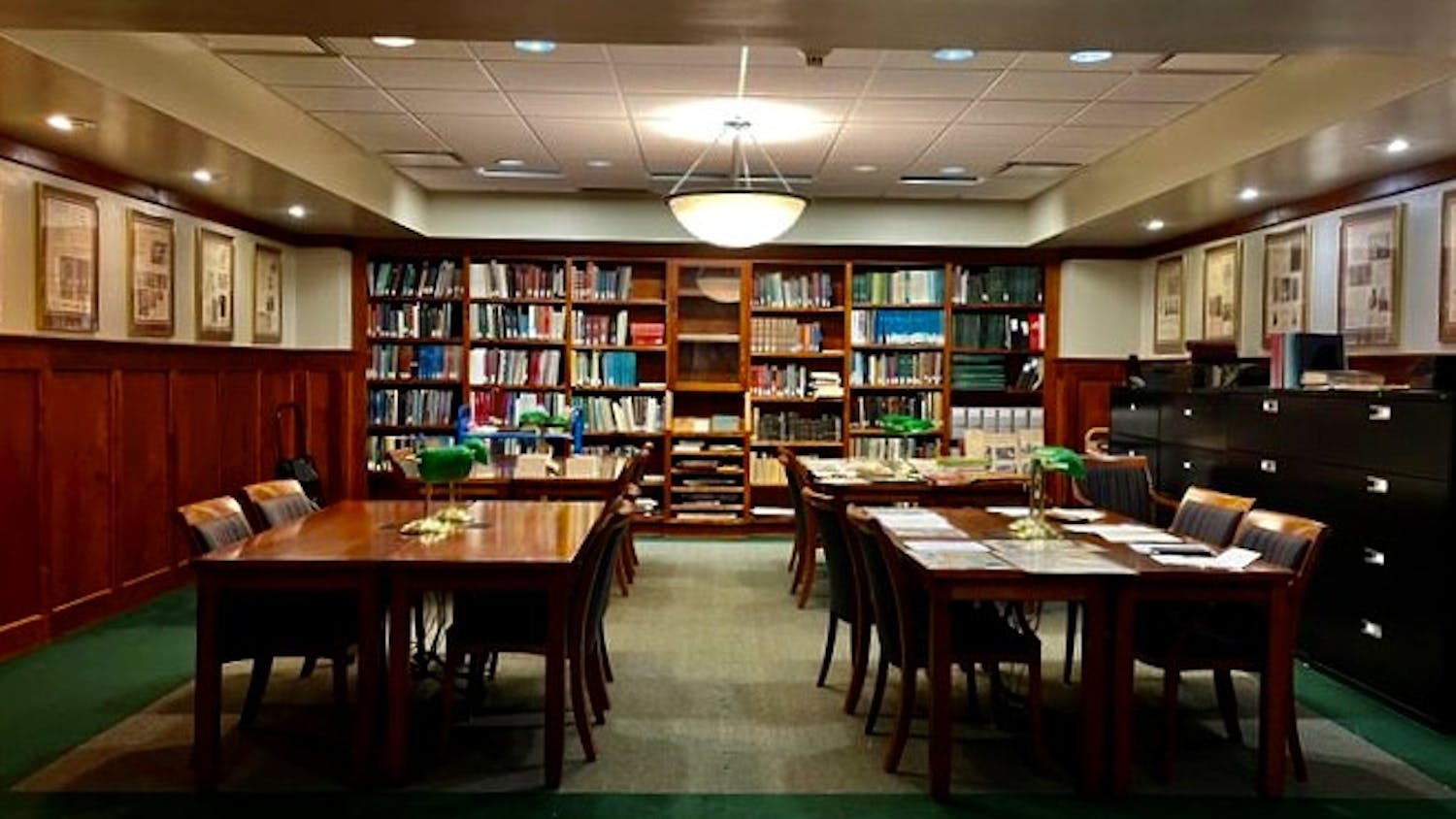From checking and sending emails, filtering water and reading parking meters, information technology has infiltrated every aspect of what a city does on a daily basis.
Tom Reid, president and founder of Reid Consulting Group LCC, presented an IT assessment report at Monday’s Athens City Council meeting. The report offered an overview of Reid’s company’s assessment, as well as prioritized recommendations of what the city can improve.
One of Reid’s main concerns was system maintenance.
His top three recommendations for the city included testing parts of the electrical grid, making sure that backup generators are available in case of a power outage and backing up critical data in government departments such as the auditor’s office.
“You wouldn’t have (outages) if the electrical grid was being maintained more promptly,” Reid said.
Councilman Jeff Risner, D-2nd Ward, said he agrees with Reid’s recommendations.
“I’m happy those first three points were priority,” Risner, who has been working with IT for more than 35 years, said. “Without power, the city can’t function, so we have the generators, the backups, the power filters.”
The electricity should be a top priority because it powers the water purification system, Risner said.
“You can go without police, you can go without the fire department, you can get rid of the mayor and of city council, but if you don’t have water the city is dead in 24 hours,” he said.
City Auditor Kathy Hecht said Reid did a good job in prioritizing improvements the city could make.
“He put the police department and auditor’s office at the top of the list,” she said.
Despite Risner and Hecht’s agreement with Reid’s list, Councilwoman Chris Fahl, D-4th Ward, said it is more important to focus on a combination of budget and need when prioritizing possible costly projects.
“If the first priority costs $2 million and the second costs $1,000, we need to (prioritize) the second one because we don’t have $2 million,” she said.
Risner disagreed, saying that the city should find ways to fund these kinds of projects.
“It’s like a bridge that’s falling down: You don’t say ‘Well, we’ll get around to it in a couple years and hope that it doesn’t kill anybody,’” Risner said. “The prudent thing is ‘OK, we shut the bridge down and fix it.’ That’s what you do.”
Cassie Kelly contributed to this story.
kh547011@ohiou.edu





